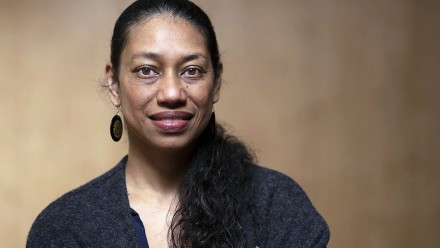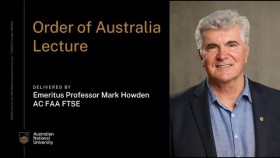Not drowning, fighting
Early in her book Consuming Ocean Island, an intimate, harrowing account of how phosphate mining devoured her ancestral home, Pacific scholar Katerina Teaiwa quotes an article published in the Sydney Morning Herald in 1912.
By then, twelve years after operations commenced on tiny Ocean Island — known to its people as Banaba — the venture had hit a flashpoint. Having watched the landscape being removed piece by piece, the locals “unanimously refused to sell any more land,” wrote the Herald reporter, “declaring that the lands, and the palm and pandanus trees thereon were all they had, and they asked what they should do when the big steamers had taken away all their habitable land.”
Conceding that some readers might sympathise with the owners, the reporter argued that a population of fewer than 500 could hardly be allowed to prevent the exploitation of a product so critical to Australian agriculture and “of such immense value to all the rest of mankind.”
But a solution was at hand. “A humane proposal is afoot to transplant the natives to another island in the Pacific, suitable for the purpose, in order that the valuable phosphate industry may go on unchecked, to the advantage of those industrially engaged in it, and of the people on the land in various parts of the world.”
Read the full article on the Inside Story website, featuring Assoc. Prof Katerina Teiwa











